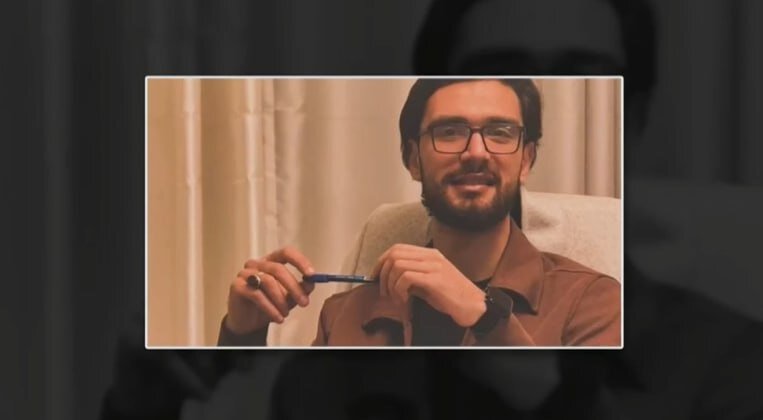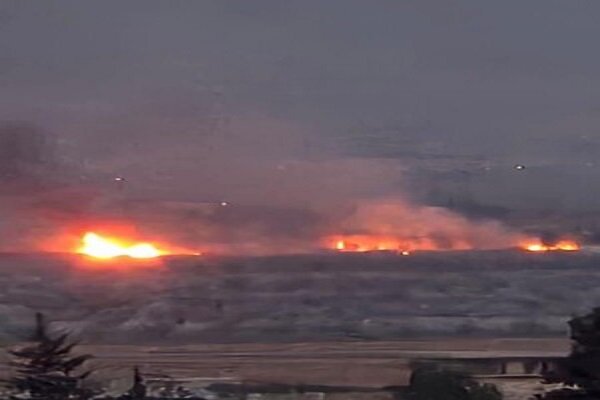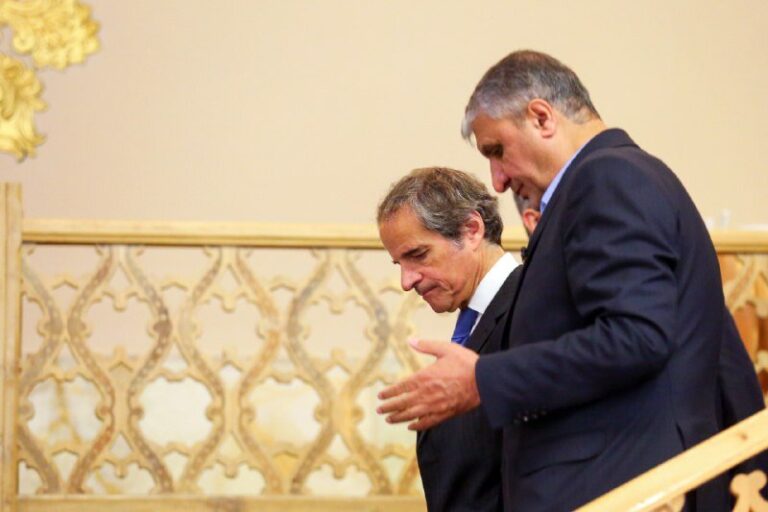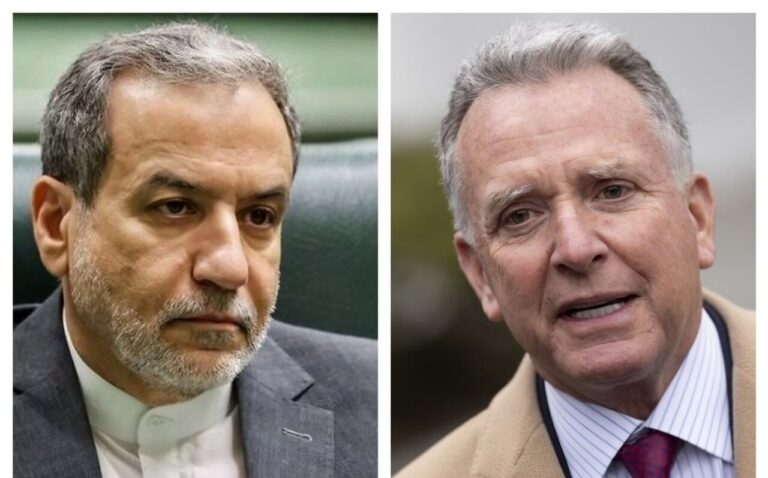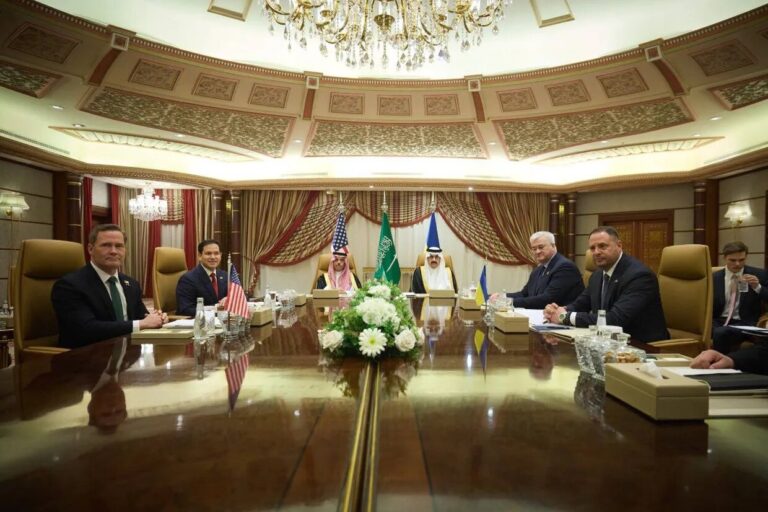Former Hezbollah Recruit Captured for Alleged Collaboration with Israel: Shocking Arrest Unveiled!
In recent days, the arrest of former Hezbollah recruit Mohammad Saleh has sparked significant discussion and concern within Lebanon, particularly regarding issues of collaboration with the Israeli enemy. As rumors circulate—some based on fact and others exaggerated—the situation raises questions about the integrity of Hezbollah and the ongoing threats they face.
Saleh was detained on April 28, 2025, following a report from an agent at Whish Money, a money transfer service based in Ghobeiry, a suburb of Beirut. Investigative journalist Radwan Mortada has revealed that Saleh was involved in currency and stock exchange trading and had established a trusting relationship with the Whish Money agent over several months.
Before his true intentions were uncovered, Saleh requested the agent to transfer $20,000. However, after this transfer, he vanished, prompting the agent to track him down in an attempt to recover the funds. Upon forcing Saleh to unlock his phone to check his financial accounts, the agent stumbled upon a series of emails from an individual named “Louis.” These emails contained requests for Saleh to gather information about Hezbollah, specifically concerning:
- Types of motorcycles
- Ambulances
- Artillery
- Personnel positions
Upon discovering this compromising information, the Whish Money agent promptly alerted the relevant authorities, which led to Saleh’s apprehension. During questioning, Saleh confessed that he had been recruited by the Israeli Mossad through a Facebook advertisement that specifically targeted former Hezbollah members.
The arrest of Saleh has ignited a wave of public outrage among the grassroots supporters of the Resistance. Discussions regarding infiltration into Hezbollah’s ranks have intensified, especially in light of recent events such as the Pager and Walkie-Talkie massacres and the ongoing aggression led by the U.S. and Israel.
Throughout the investigation, Saleh revealed that he had received funding from Israeli intelligence agencies, totaling over $20,000. His financial struggles, stemming from significant losses in stock trading, compelled him to collaborate with the Israeli enemy.
Despite the severity of his actions, security sources indicated that Saleh was approached to rejoin Hezbollah. However, they clarified that the information he possessed after leaving Hezbollah was not critical; rather, it consisted of personal observations and casual remarks he had overheard from friends. The data he provided to his handlers was described as neither sensitive nor exceptional.
Importantly, security sources have categorically denied allegations circulating in various media outlets and on social media that suggested Saleh was responsible for the martyrdom of fellow comrades. Additionally, they have confirmed that there were no women among the detainees accused of collaboration with the enemy, asserting that they had no connection to Saleh.
The ongoing investigations did not reveal any other individuals associated with Saleh who were involved in similar activities. In the past, security services in Lebanon have apprehended numerous collaborators from diverse sects, regions, and political factions. These individuals were recruited to gather intelligence, perform operational roles, or simply to undermine the Lebanese resistance and its security apparatus amid an ongoing security conflict.
Saleh’s case is not an isolated incident; he is not the first agent to emerge from within the popular resistance base, nor will he be the last. A security source informed the Tehran Times that, despite the exposure of extensive Israeli spy networks in recent years, the Israeli enemy continues to recruit collaborators. This ongoing effort is driven by their apprehension regarding Hezbollah’s rapid and discreet restructuring of its operational systems.
In conclusion, the situation surrounding Mohammad Saleh highlights the complex and challenging environment in which Hezbollah operates. As the threat of infiltration persists, the organization remains vigilant against potential collaborators, striving to maintain its integrity and effectiveness in the face of external pressures.
